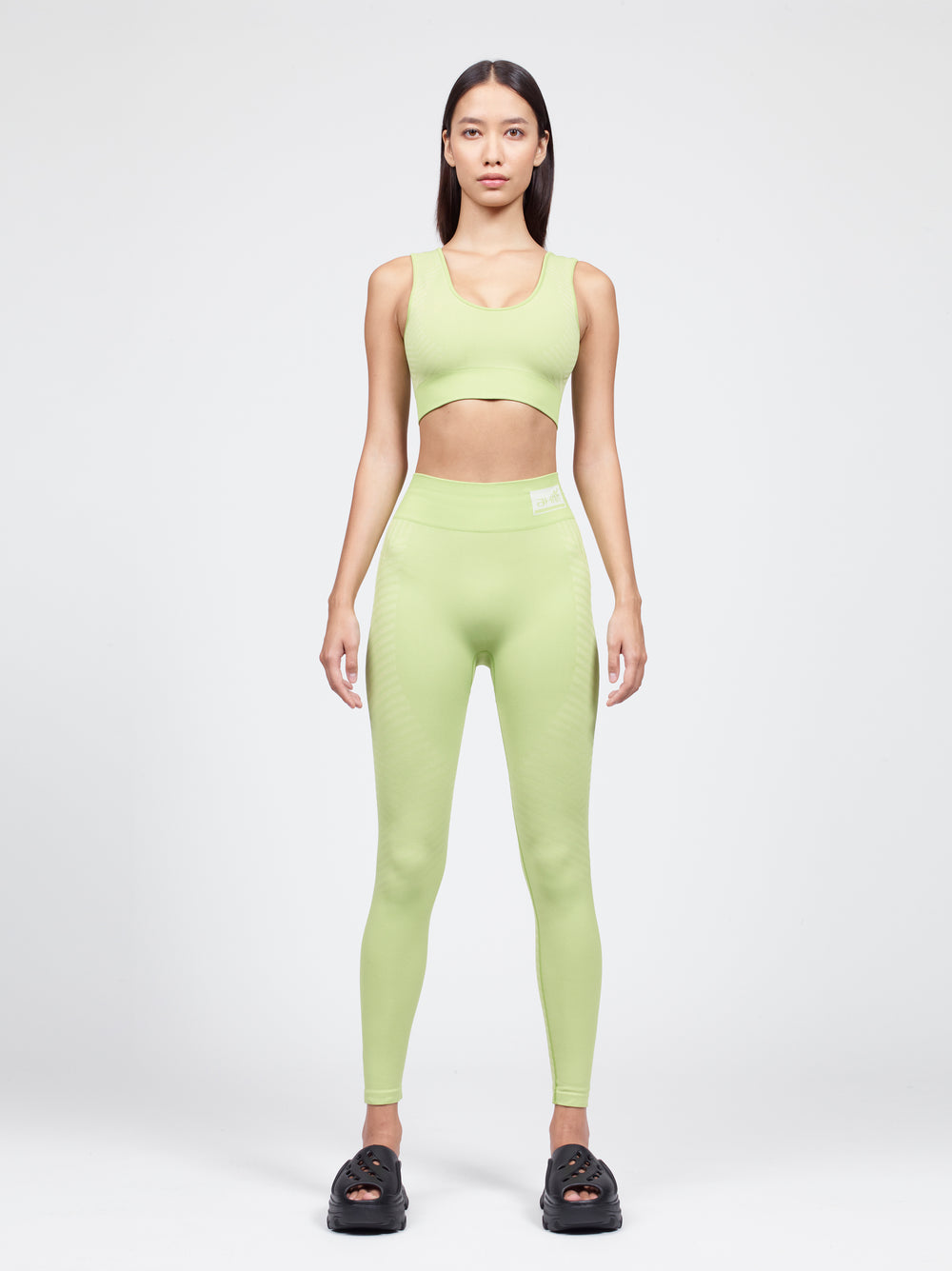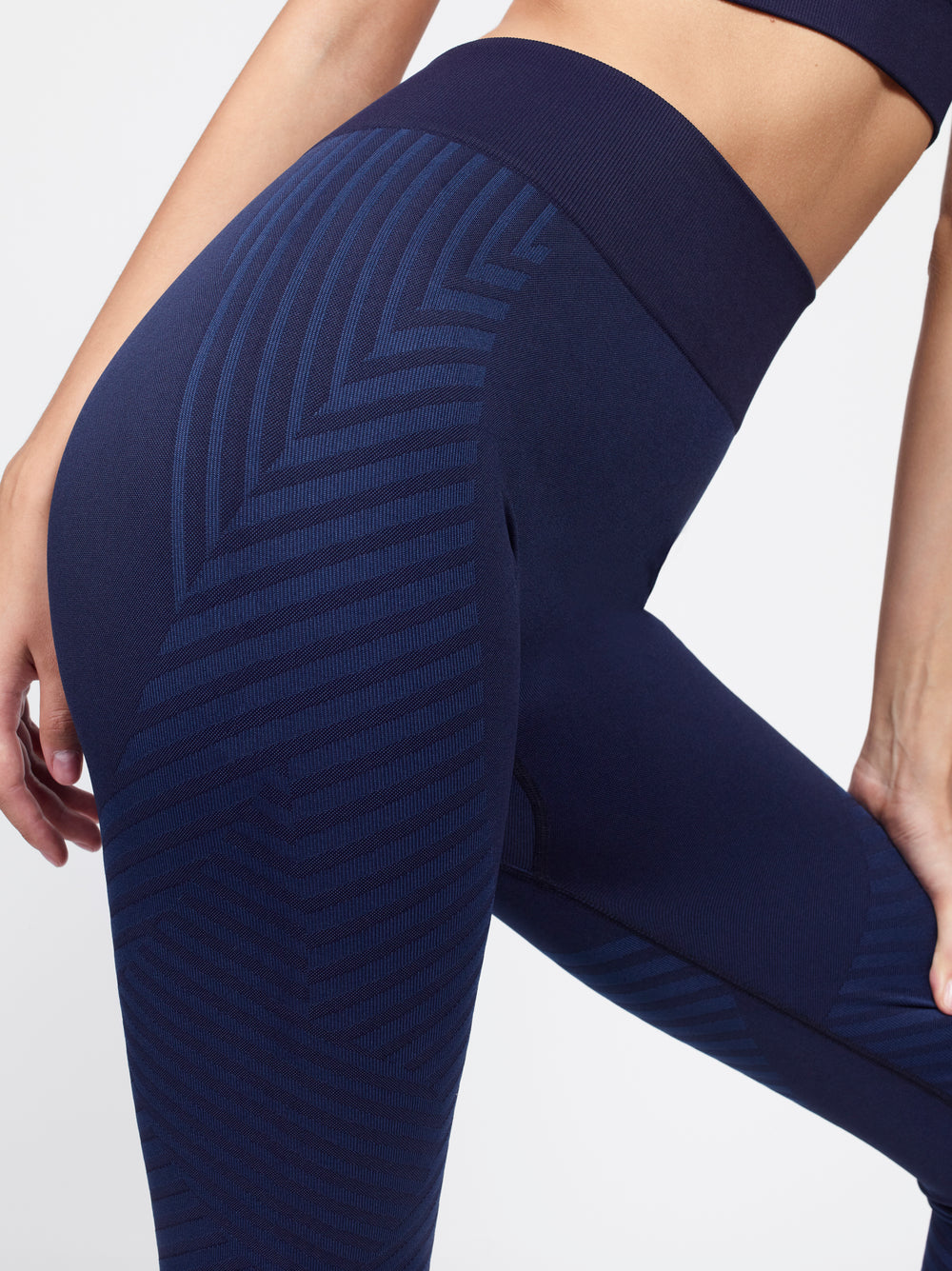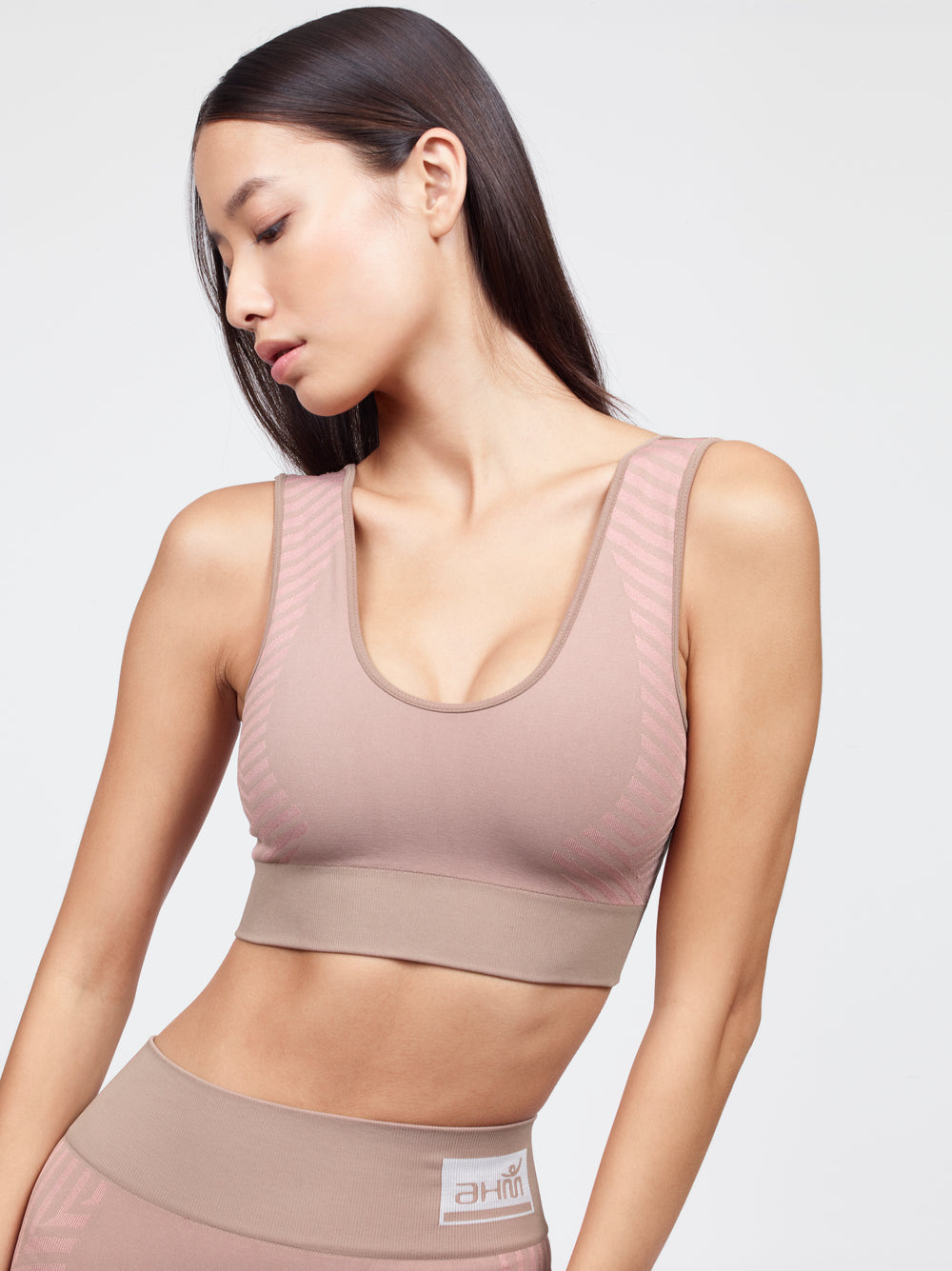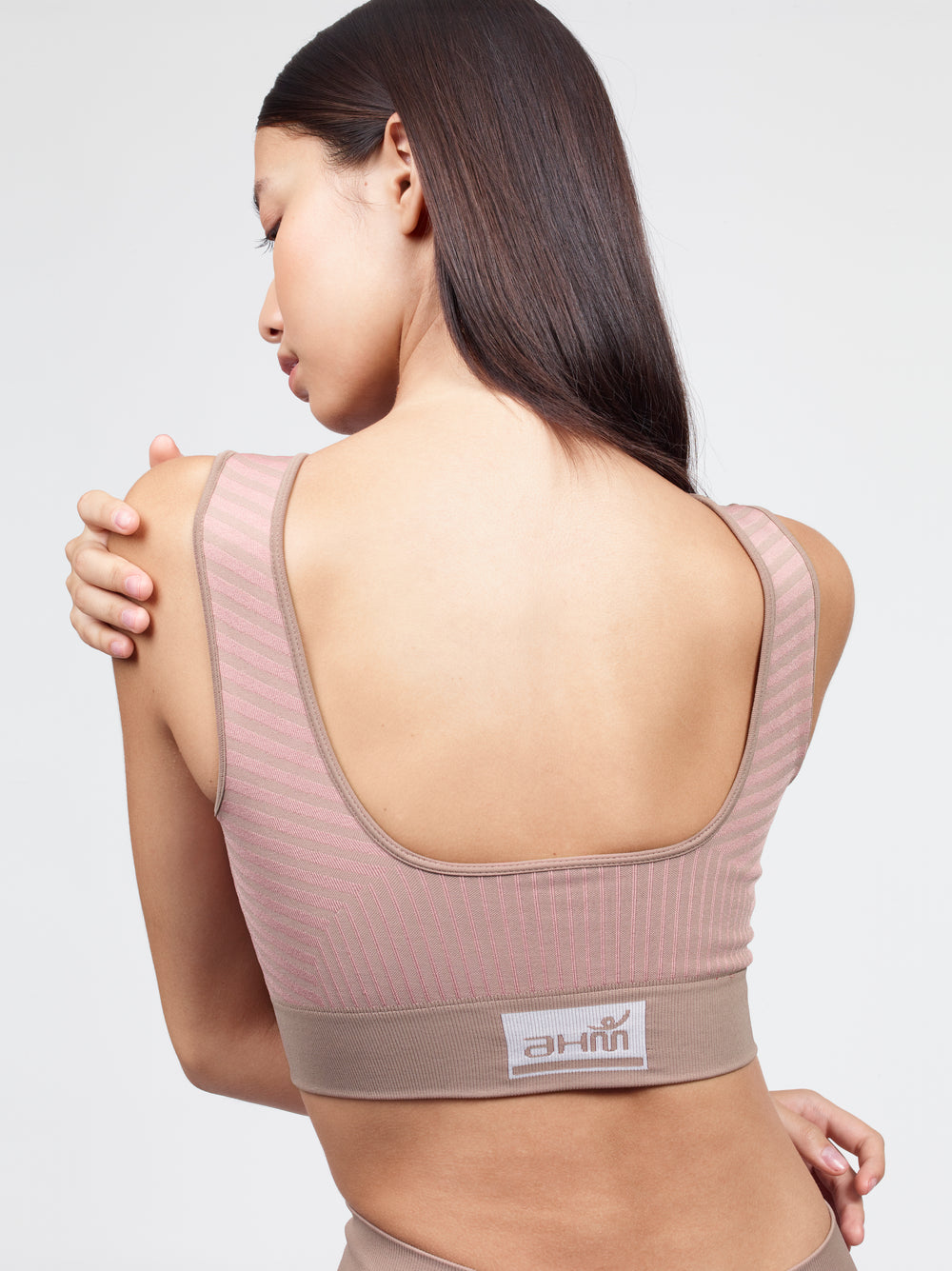 In an era where fashion is synonymous with fast and disposable, a growing movement is taking root to revolutionize the industry. It's a movement that seeks to break free from sweatshop labor, reduce environmental harm, and uphold ethical standards throughout the supply chain. In this article, we dive into the heart of this transformation and explore what it means to be sweatshop-free, eco-aware, and certified ethical in the world of fashion.
The Fashion Industry at a Crossroads
The fashion industry, once a symbol of glamour and luxury, has come under increasing scrutiny for its unsustainable practices. The race to produce cheap clothing quickly has led to a host of issues, including:
1. Sweatshop Labor: The exploitation of workers in developing countries, often subjected to low wages, unsafe working conditions, and long hours.
2. Environmental Impact: The fashion industry is one of the largest contributors to pollution, water waste, and greenhouse gas emissions. Fast fashion's throwaway culture exacerbates these problems.
3. Ethical Concerns: A lack of transparency and accountability in supply chains has raised concerns about the treatment of workers, animal welfare, and the use of harmful chemicals.
Amidst these challenges, a new approach to fashion is emerging—one that prioritizes ethics, sustainability, and responsible business practices.
Sweatshop-Free: Putting Workers' Rights First
The term "sweatshop-free" refers to a commitment by fashion brands and manufacturers to ensure that their products are made without exploiting workers. This commitment encompasses several key principles:
1. Fair Wages: Workers should be paid fair and living wages that enable them to meet their basic needs, support their families, and live with dignity.
2. Safe Working Conditions: Factories and production facilities must adhere to safety regulations, provide a clean and safe environment, and eliminate hazards that could harm workers.
3. Reasonable Working Hours: Workers should not be forced into excessively long working hours or subjected to exploitative overtime practices.
4. Respect for Labor Rights: The right to form and join trade unions and bargain collectively should be respected and protected.
5. Elimination of Child Labor: Sweatshop-free brands ensure that child labor is not used in the production of their goods.
Prominent organizations such as the Fair Labor Association (FLA) and Fair Trade USA work to certify brands that adhere to these principles. These certifications provide consumers with assurance that the products they buy are made with respect for workers' rights.
Eco-Aware: A Pledge to the Planet
"Eco-aware" is a term that reflects a commitment to environmentally responsible practices in the fashion industry. It encompasses a range of efforts aimed at reducing fashion's ecological footprint:
1. Sustainable Materials: Eco-aware brands prioritize the use of sustainable materials such as organic cotton, Tencel, and recycled fabrics to minimize the environmental impact of their products.
2. Reduction of Waste: Efforts are made to reduce waste at every stage of production, from design to manufacturing to packaging. This includes minimizing fabric waste and using eco-friendly packaging materials.
3. Conscious Manufacturing: Eco-aware brands implement eco-friendly manufacturing processes, such as water-saving dyeing techniques and energy-efficient production methods.
4. Circular Fashion: Brands are exploring circular fashion models, such as clothing rental and resale programs, to extend the lifespan of their products and reduce the need for new production.
5. Transparency: Brands are becoming more transparent about their supply chains and production processes, allowing consumers to make informed choices based on a brand's environmental impact.
The fashion industry is also embracing certifications like Global Organic Textile Standard (GOTS) and OEKO-TEX Standard 100, which ensure that products meet strict environmental and safety criteria.
Certified Ethical: A Commitment to Accountability
Being "certified ethical" goes beyond fair labor practices and eco-awareness. It encompasses a holistic approach to ethical business, including:
1. Supply Chain Transparency: Brands committed to ethical practices are transparent about their supply chains, making it easier for consumers to trace the origin of products and ensure ethical production.
2. Animal Welfare: Ethical brands consider the well-being of animals and avoid the use of fur, exotic skins, or any materials obtained through animal cruelty.
3. Social Responsibility: Ethical brands invest in social initiatives and community development, contributing positively to the areas where they operate.
4. Customer Engagement: Ethical brands actively engage with their customers, seek feedback, and respond to concerns, demonstrating a commitment to accountability.
Certifications like the Ethical Trading Initiative (ETI) and B Corp certification are becoming increasingly popular among brands that wish to demonstrate their ethical commitment to consumers.
The Rise of Conscious Consumers
The shift towards sweatshop-free, eco-aware, and certified ethical fashion is being driven by a growing number of conscious consumers. These individuals are making choices that align with their values, seeking products that prioritize ethics, sustainability, and transparency. They are willing to pay a premium for products that reflect these principles and are actively advocating for change in the fashion industry.
Fashion brands are taking notice of this consumer demand and are adapting their practices accordingly. As a result, ethical and sustainable fashion is no longer a niche market; it's a significant and growing segment of the industry.
How Can Consumers Support Ethical Fashion?
If you're a conscious consumer looking to support sweatshop-free, eco-aware, and certified ethical fashion, here are some steps you can take:
1. Research Brands: Look for fashion brands that are committed to ethical and sustainable practices. Check for certifications and transparent supply chains.
2. Shop Secondhand: Consider buying secondhand or vintage clothing to reduce the demand for new production.
3. Support Local and Independent Brands: Smaller, local, and independent brands often prioritize ethics and sustainability. Support them whenever possible.
4. Ask Questions: Don't hesitate to ask brands about their practices, materials, and ethical commitments. Your inquiries can encourage transparency.
5. Advocate for Change: Use your consumer influence to advocate for industry-wide change. Support campaigns and initiatives that promote ethical fashion practices.
Fashioning a Better Future
Sweatshop-free, eco-aware, and certified ethical fashion is more than just a trend; it's a paradigm shift in the fashion industry. It represents a collective desire to create a world where fashion is not just about looking good but also about doing good—for workers, the environment, and society as a whole. As conscious consumers continue to drive this transformation, the fashion industry has a unique opportunity to embrace ethics and sustainability, fashioning a better and more responsible future for all.
|



















